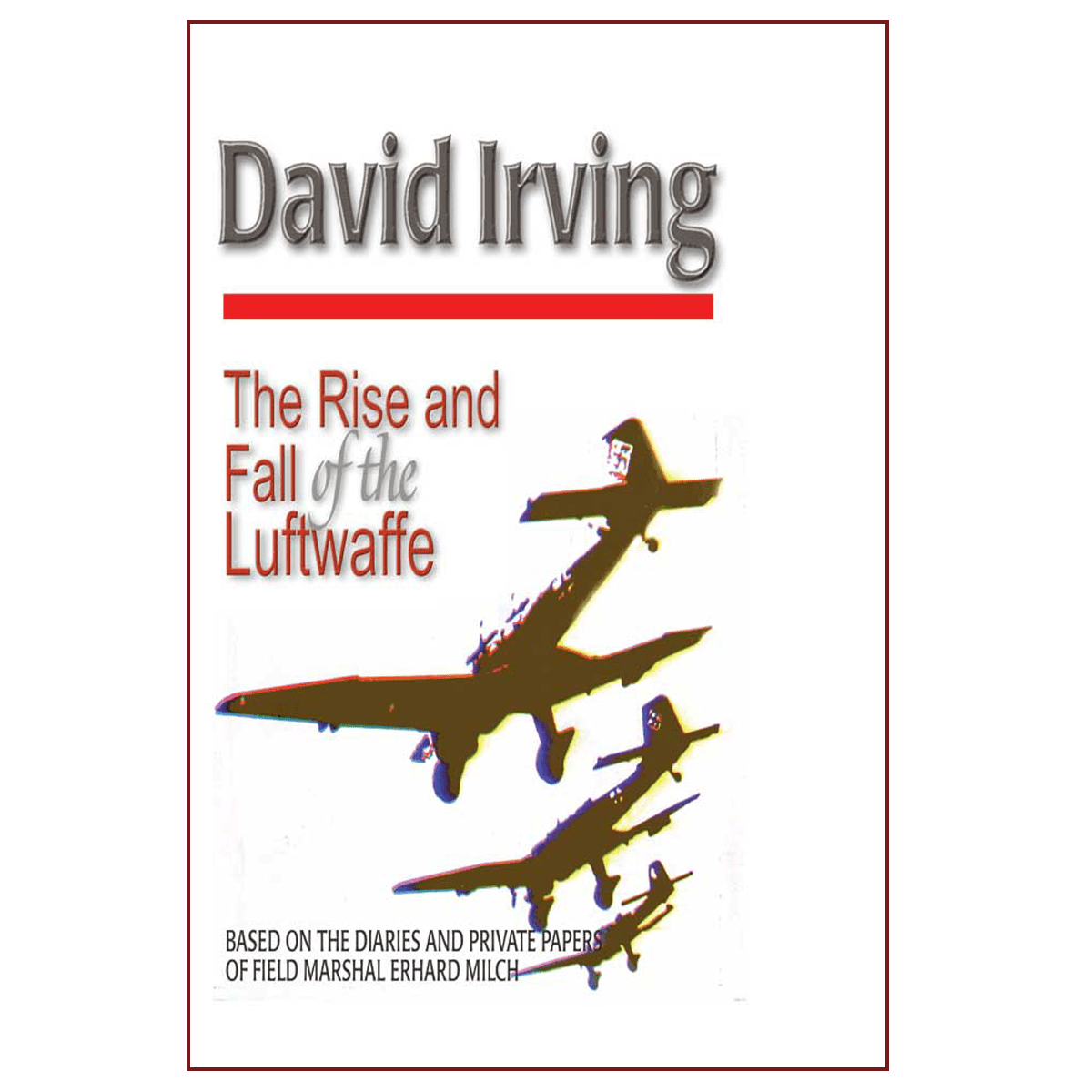So, I'm interested in your thoughts on Erhard Milch. This is the period we are obviously interested in, from wikipedia:
"Following the suicide of Generaloberst Ernst Udet in November 1941, Milch succeeded him as Generalluftzeugmeister, in charge of all Luftwaffe aircraft production, armament and supply. In addition, in April 1942 he was named to the Central Planning Board along with Albert Speer, Reich Minister of Armaments and War Production, and Paul Körner, State Secretary of the Four Year Plan, in an effort to coordinate control over all industrial war production."
There is a belief that he was responsible for ruining the career of the Ju 288; that I think this is an oversimplification of the situation made without context is beside the point, but clearly his impact polarised opinions, so what are your thoughts on his approach and influence? Was he good or bad for the Luftwaffe?
"Following the suicide of Generaloberst Ernst Udet in November 1941, Milch succeeded him as Generalluftzeugmeister, in charge of all Luftwaffe aircraft production, armament and supply. In addition, in April 1942 he was named to the Central Planning Board along with Albert Speer, Reich Minister of Armaments and War Production, and Paul Körner, State Secretary of the Four Year Plan, in an effort to coordinate control over all industrial war production."
There is a belief that he was responsible for ruining the career of the Ju 288; that I think this is an oversimplification of the situation made without context is beside the point, but clearly his impact polarised opinions, so what are your thoughts on his approach and influence? Was he good or bad for the Luftwaffe?

